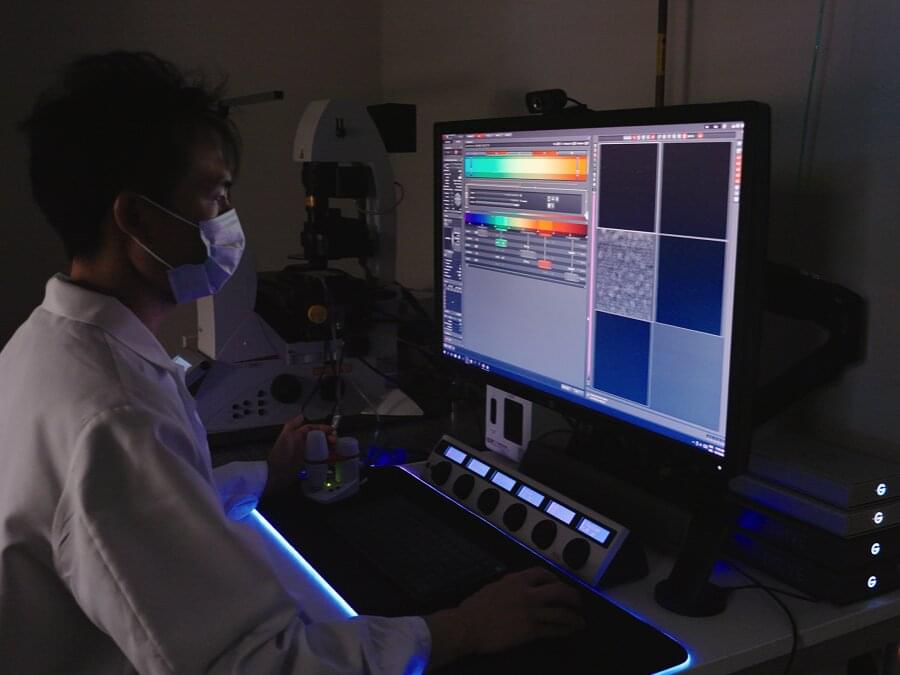The first protein-based nano-computing agent that functions as a circuit has been created by Penn State researchers. The milestone puts them one step closer to developing next-generation cell-based therapies to treat diseases like diabetes and cancer.
Traditional synthetic biology approaches for cell-based therapies, such as ones that destroy cancer cells or encourage tissue regeneration after injury, rely on the expression or suppression of proteins that produce a desired action within a cell. This approach can take time (for proteins to be expressed and degrade) and cost cellular energy in the process. A team of Penn State College of Medicine and Huck Institutes of the Life Sciences researchers are taking a different approach.
“We’re engineering proteins that directly produce a desired action,” said Nikolay Dokholyan, G. Thomas Passananti Professor and vice chair for research in the Department of Pharmacology. “Our protein-based devices or nano-computing agents respond directly to stimuli (inputs) and then produce a desired action (outputs).”










Comments are closed.